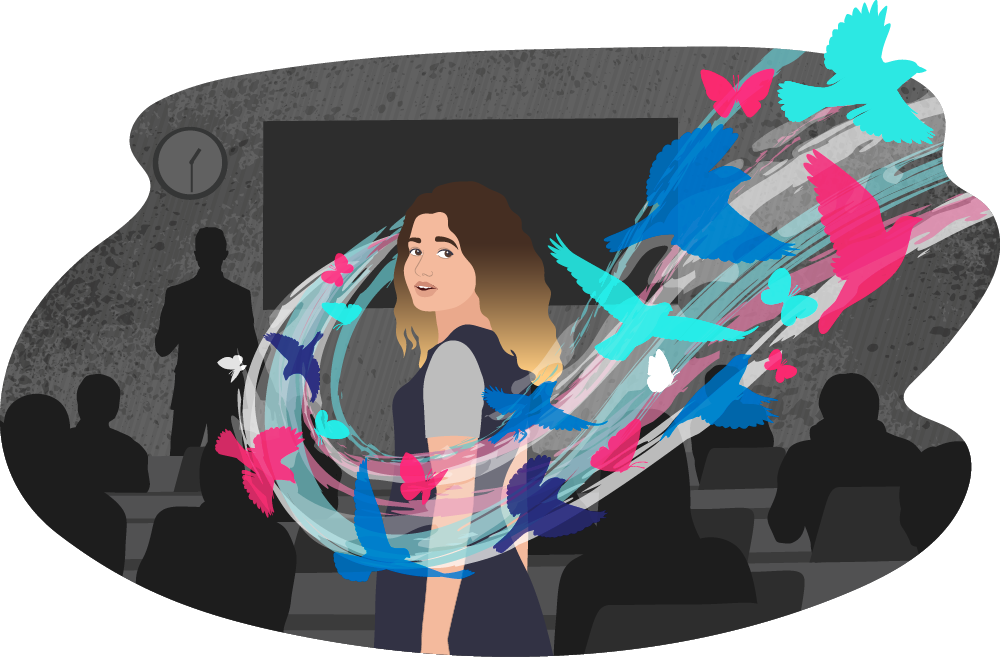Coping with emotions
Whether you’re feeling angry, sad, frustrated, lonely, or anxious - it’...
READ MELet’s look at what ADHD is and explore how to cope and thrive.

ADHD is diagnosed based on repeating patterns of behaviour. There are three types of ADHD:
In the past, some people thought that ADHD ‘wasn’t real’, or that kids with ADHD were just being ‘naughty’. These beliefs can be really damaging for people experiencing ADHD. Fortunately, we know a lot more about ADHD and the brain now. People who experience ADHD deserve to be treated with respect.
ADHD is ‘neurodevelopmental disorder’, which means that the brains of people with ADHD are a little bit different compared to people who don’t have ADHD.
Some parts of the brains of people with ADHD are different sizes, have less blood flow, are over activated or under activated, or mature at a slower pace when compared to the brains of people who don’t have ADHD.
These differences might affect their ability to pay attention or manage their behaviour.
Some people find their symptoms reduce as they get older. This could be because a part of the brain called the ‘prefrontal cortex’ is developing and maturing through childhood and adolescence.
The prefrontal cortex plays an important role in being able to focus and moderate your behaviour.
Some people may continue to experience ADHD symptoms as an adult.
ADHD is treatable! It’s important to see a health professional like a GP, psychologist or psychiatrist, for diagnosis and support. They can help you figure out the right treatment options for you.
Here are some things that may be helpful:
Medication – as prescribed and monitored by a medical professional.
Relaxation techniques – things like mindfulness, meditation and yoga may help manage ADHD symptoms.
Social skills training – this means learning how to interact with other people in different, appropriate ways. This can help improve interpersonal relationships with other people, such as peers and friends.
Behaviour therapy – this teaches you how to monitor your behaviours and change them to more appropriate behaviours. This usually includes planning strategies for how to respond in different situations (and these might vary from person to person).
Other useful stuff
You might be feeling scared or embarrassed to ask for help, but talking to someone about what you’re going through can really help.
There are a few different support options that can make a difference. You can give us a call, start a WebChat or send us an email today.
You can also get in touch with the ADHD Foundation for specialist information and support.
Coping with emotions
Whether you’re feeling angry, sad, frustrated, lonely, or anxious - it’...
READ MECoping strategies
If you are feeling stressed, anxious or just struggling to deal, there ...
READ MESelf-care
Looking after yourself is an important coping strategy. Let’s look at ...
READ MELiving with Oppositional Defiance Disorder
Let’s look at what Oppositional Defiant Disorder is, and some strategies ...
READ METalking helps! We’re here for you.
No problem is too big or too small.
We're here 24 hours a day, 7 days a week